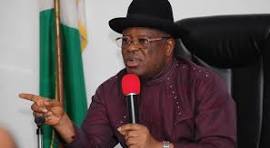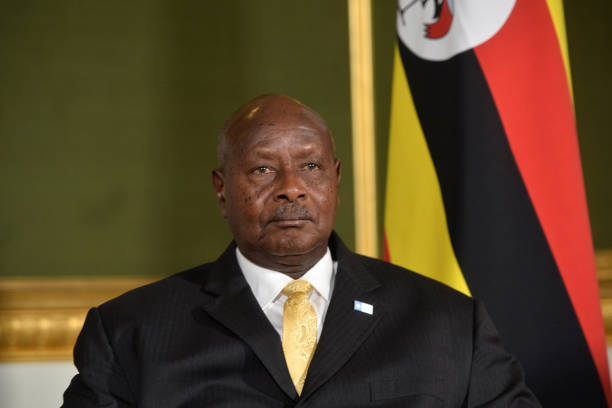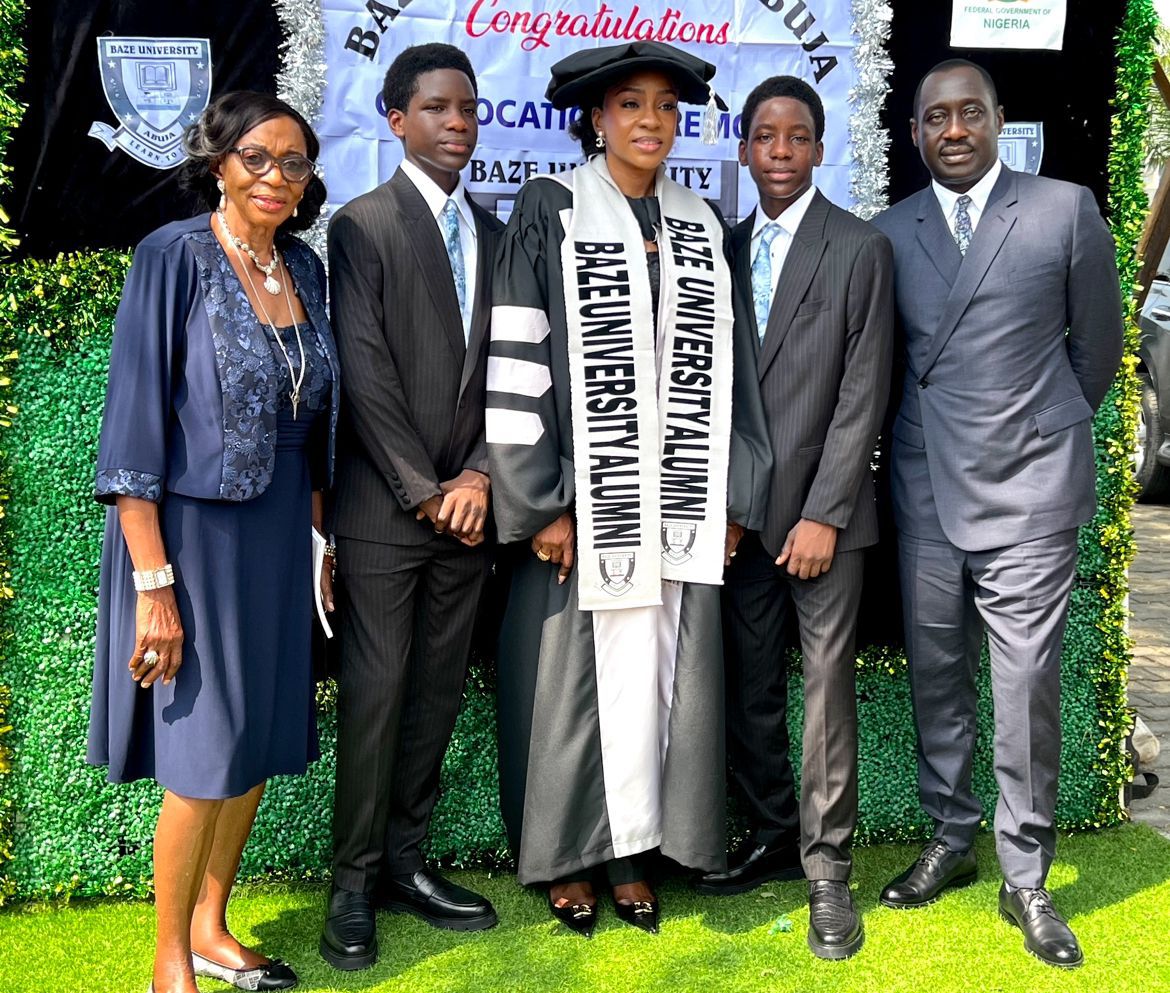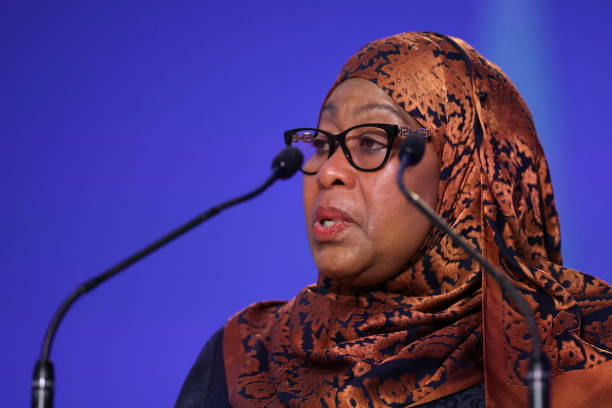In the often chaotic world of Nigerian politics, where big promises come cheap and real results are rare, one man is quietly building something that might just last — both literally and figuratively.
David Umahi, Nigeria’s Minister of Works, is not your typical politician. With a background firmly rooted in engineering, the Ebonyi-born leader has built a reputation as a man who not only talks the talk but actually lays the bricks.
Whether you love him or question his methods, there’s no denying: Umahi is changing the way Nigeria thinks about infrastructure.
From Blueprints to Ballot Boxes
Born on July 25, 1963, David Nweze Umahi trained as a civil engineer, graduating from Enugu State University of Science and Technology. But it wasn’t long before the pull of public service led him into politics.
Umahi first made his mark as Deputy Governor of Ebonyi State under Martin Elechi. In 2015, he ran for the top job — and won. Not once, but twice. As Governor, he gained attention for pushing massive road construction projects, many of them made with the less-common but longer-lasting material: concrete.
Critics said he was stubborn. Supporters called him visionary. But Umahi stayed focused on what he knew best — building.
Concrete Roads, Concrete Legacy
Now serving as Nigeria’s Minister of Works, Umahi is carrying his concrete vision across the country. Under his watch, the Federal Government is shifting from asphalt to rigid pavement — a.k.a. concrete — especially for major highways.
Why? According to Umahi, it lasts longer, is more resistant to weather, and saves money in the long run. “We cannot keep doing the same thing and expect different results,” he often says, referencing the poor state of many Nigerian roads.
From the Lagos-Calabar Coastal Highway to the Abuja-Kano expressway, his fingerprints are all over Nigeria’s biggest infrastructure projects. He personally inspects sites, questions contractors, and — quite literally — gets his hands dirty.
Man on a Mission
Don’t let the soft voice fool you. Behind Umahi’s measured tone lies a strong will. His approach to governance is often described as tough but pragmatic. He’s not afraid to call out underperforming contractors or challenge bureaucratic red tape.
His switch from the Peoples Democratic Party (PDP) to the All Progressives Congress (APC) in 2020 raised eyebrows, but Umahi insisted it was about national unity and a desire to bring more development to the South East.
Love him or not, he remains laser-focused on the task: fixing Nigeria’s crumbling road network and ensuring that future generations travel on better paths — literally.
The Human Side
Away from construction sites and cabinet meetings, David Umahi is a family man, a devout Christian, and a thinker. Those close to him say he enjoys problem-solving — even in everyday conversations. He doesn’t shy away from a challenge and prefers to lead by example.
And while he rarely seeks the limelight, his results speak louder than campaign slogans.
What Comes Next?
With Nigeria facing massive infrastructure gaps, Umahi’s job is far from over. But if his record is anything to go by, he’s not here to play politics as usual. He’s here to lay foundations — and build, brick by brick, a stronger Nigeria.
From concrete roads to cabinet meetings, David Umahi represents something rare in Nigerian politics: a doer with a plan, and a plan rooted in the realities of engineering, not just empty promises.
If roads could talk, they might just say: “This one is different.”
Follow us for more profiles that shine a light on Nigeria’s changemakers.





